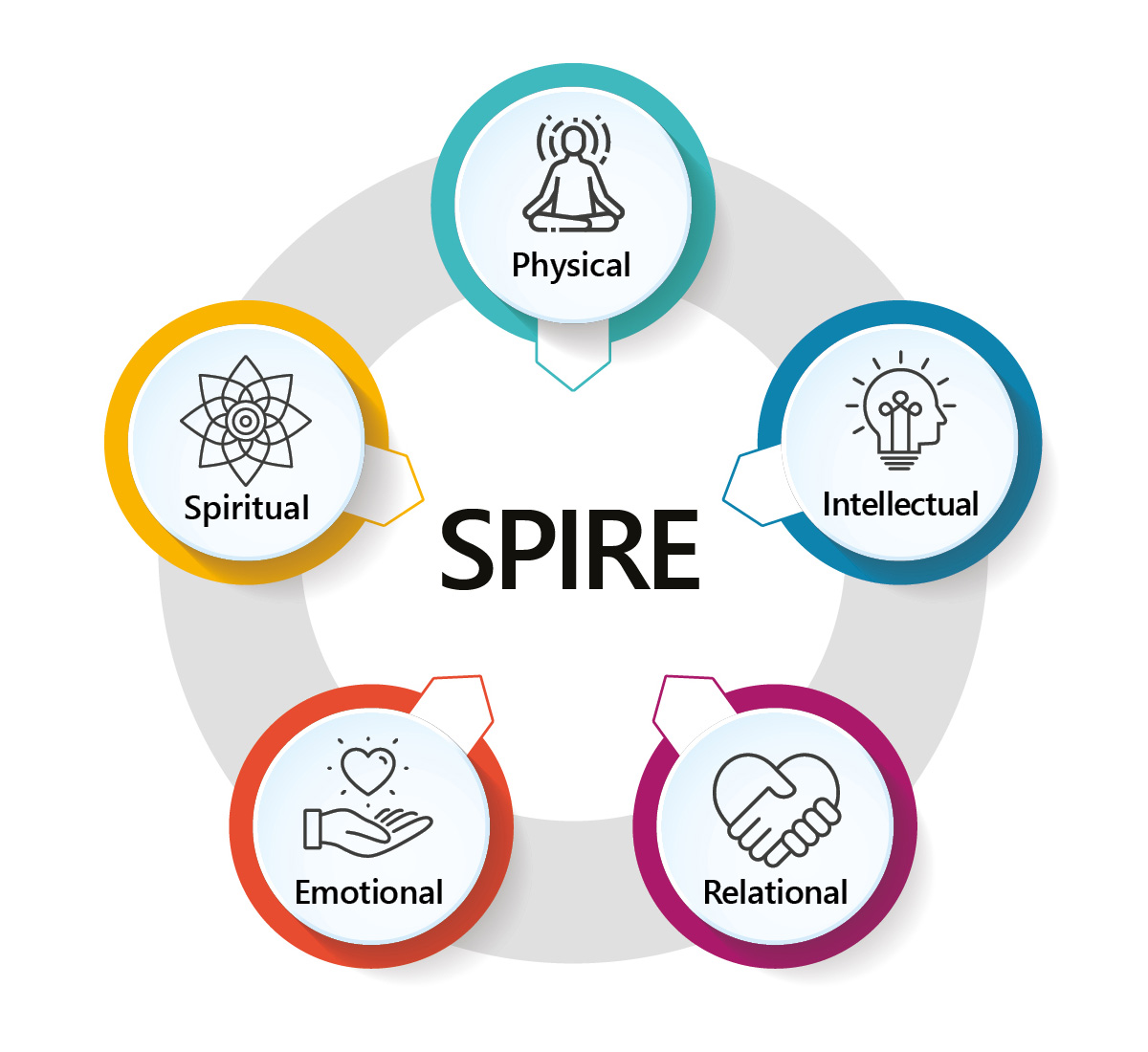
- Home_
- Knowledge_
- You can’t put a number on happiness
You can’t put a number on happiness.
“What is your number?” That is the catch phrase of a popular advertisement that runs and re-runs amongst financial advising companies.
The premise is a good one, namely that they are going to determine how much you need for retirement and then aim to help you hit that goal.
These types of campaigns are popular as many people will have a jolt of panic at some point just past mid-life, where they think, “Will I have enough for my retirement? I’d better get prepared.” Having a target ‘number’ can help you to understand just how big the mountain you must climb, really is.
Recently, Massey University produced a retirement expenditure guideline report, sponsored by Consilium and Financial Advice New Zealand, that attempted to define a target amount that was relevant to all New Zealanders. That’s a huge effort and as advisers we’re thankful for anything that gives the general public a wakeup call on how much retirement actually costs.
Even though efforts to define a number are useful, looking at a single number in isolation does not always tell the full story. There’s often both technical and psychological reasons that need to be further explored.
First, all numbers have huge assumptions built into them. The purpose of a number is to give retirees a map as they prepare for retirement, but unfortunately the landscape retirees face is constantly changing, and outdated maps aren’t very useful.
So what changes? Well, markets never do what you expect. Your life and health and spending needs aren’t always what you expect. For many, their family related spending is a real challenge to forecast. We also find that surprises on the upside, such as unexpectedly large inheritances or a surplus when downsizing a property, are more common than you’d think.
In our view, the best advice isn’t just about the number. Every year, with new information, the number changes. And we need to update our advice along with this new information. Instead of looking at a single number as the answer, we focus on the best decisions you can make today based on the information you currently know, including your best guess and our best experience of what the future holds. Next year, with more information, the number may change and so should the advice.
So that’s the technical reason. The more interesting reason is that pursuing a number doesn’t necessarily lead to greater fulfilment in life, at least not directly.
When you have a target number, the assumption is that the money is the destination or the object to reach for within a financial plan. Our experience teaches us otherwise. What we’ve learned is that money is the just the fuel to help you reach the destination.
In his book Happiness Studies, Tal Ben-Shahar analyses what makes humans happy. He finds there are five components to our wellbeing. Derek Hagen, a financial behaviour expert and founder of Money Health Solutions, summarises the five components as follows:
- Spiritual wellbeing: this involves being in the present moment and having a sense of purpose.
- Physical wellbeing: this represents not only basic needs, rest, exercise, and nutrition, but also attending to the mind-body connection.
- Intellectual wellbeing: keeping our minds active, solving interesting problems, and being curious.
- Relational wellbeing: cultivating our interpersonal relationships and having a healthy relationship with ourselves.
- Emotional wellbeing: this represents not only cultivating positive emotions and coping with negative emotions, but also accepting all emotions as they arise and giving ourselves permission to be human.
Together these elements form the acronym SPIRE. But did you notice the glaring omission from Tal Ben-Shahar’s list above? Financial wellbeing isn’t one of the elements that makes humans happy.
Surprised?
We were at first, but upon reflection, perhaps less so. We have met investors who tell us they have very specific financial goals. They want to be a millionaire by age 45. Or perhaps they’d like to build a portfolio to a value of $5,000,000. Or they want to live on $100,000 per year (inflation adjusted) the rest of their lives. Or perhaps less specific, but just as common, is the professional or executive that wants to climb the corporate ladder.
In all of the above examples, the common theme is that financial wellbeing is the goal. For many of these goals, one could find a number to determine what all of that will cost.
Steven Covey, author of the 7 Habits of Highly Effective People said, it’s easy “to work harder and harder at climbing the ladder of success only to discover it’s leaning against the wrong wall.”
We understand perfectly why investors want to focus on a number. In fact, we empathise because we’ve done the same. Money is a critical part of our lives and it’s common to have financial goals embedded into a plan. But our experience working with many investors over a long period of time is that money is not a destination, nor a real source of happiness. Instead, money is the means, the transportation if you will, to help you achieve and enhance your wellbeing.
When Tal Ben-Shahar defined spiritual, physical, intellectual, relational and emotional wellbeing (SPIRE), he described states of being that are ends in themselves. Money can be used to support and help achieve any part of SPIRE. Thus, when it comes to designing the best financial plan, the goal is to find for each individual investor, those underlying elements they believe will really bring them enduring happiness and wellbeing. Once we know this, the goal is to draft a plan in a way that the money will energise those pursuits.
Maybe that does involve a ‘number’ to help us clarify what saving, spending and allocation decisions we need to make. But we also need to be mindful that the number will change over time. What shouldn’t change is the pursuit of wellbeing and making decisions on how best to use wealth to accelerate the enduring elements of a complete and happy life.
So, if we can, we’d like to change the ‘what’s your number’ question into something more holistic, like “what makes you truly happy?” While we know you can’t put a price on happiness, you do get to decide what happiness looks like to you. And we’ll work alongside you, helping to manage the plan (and the numbers!), in order to get you there.

related articles.



